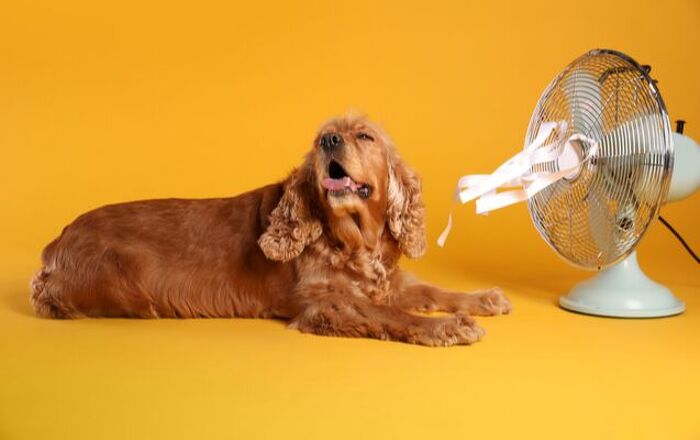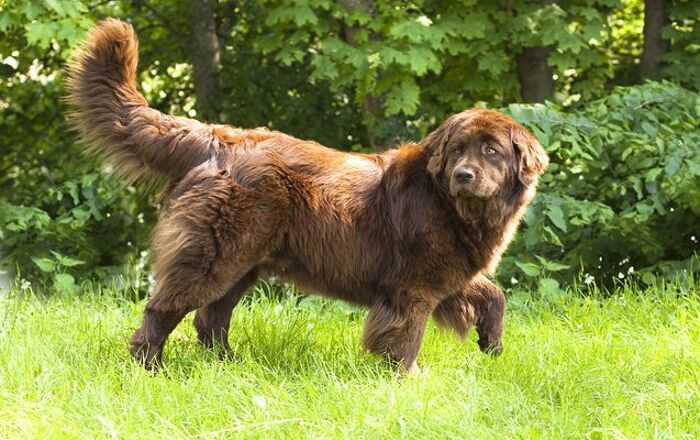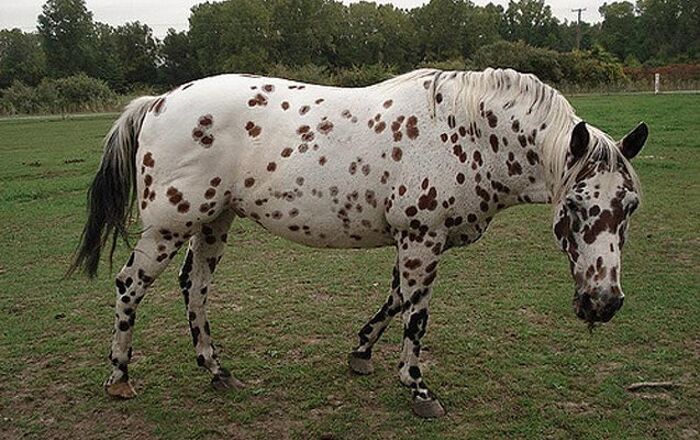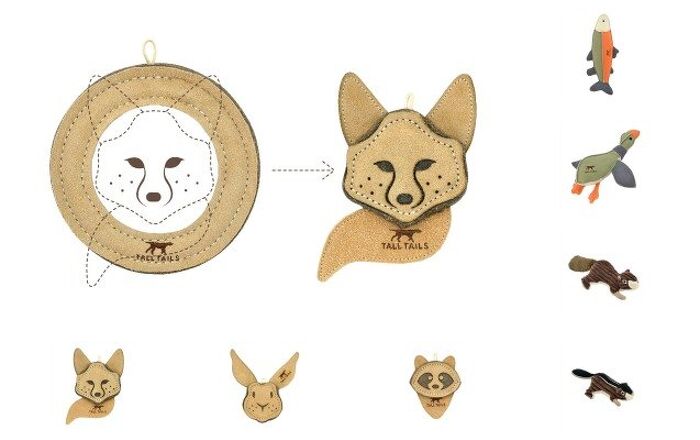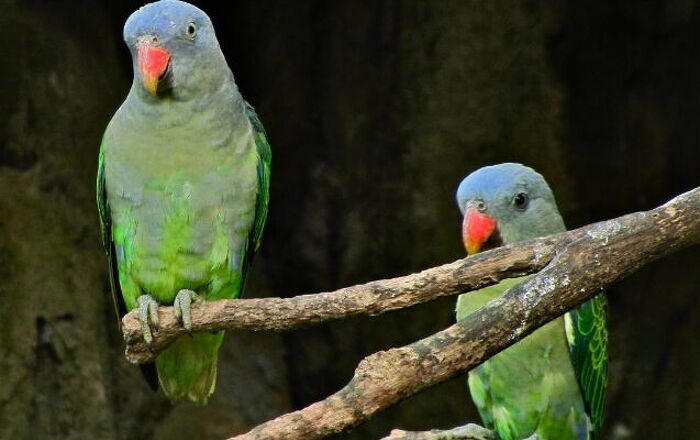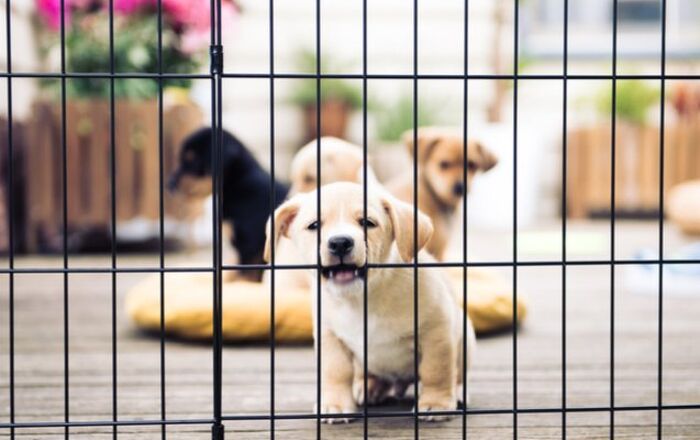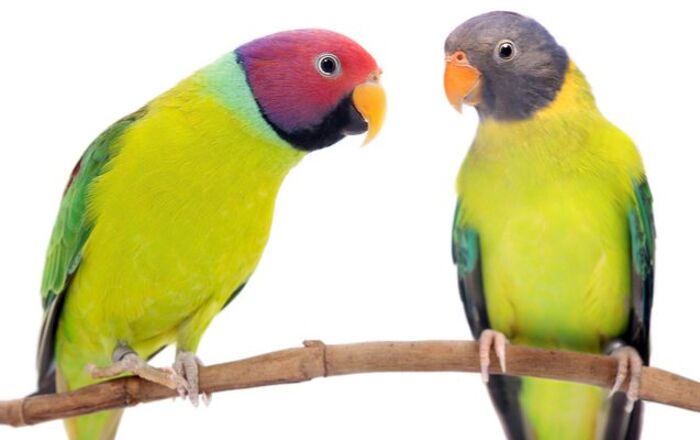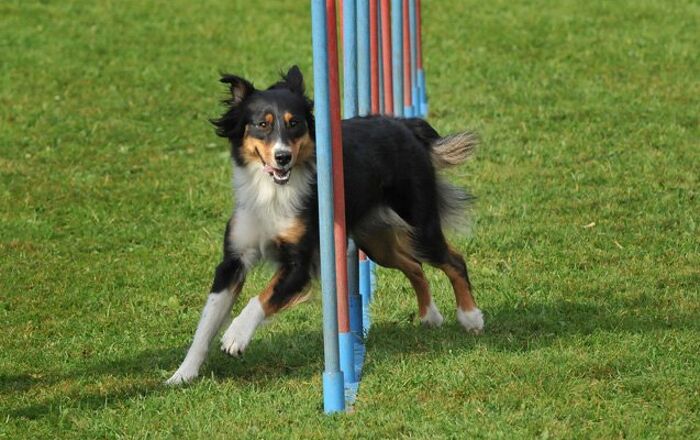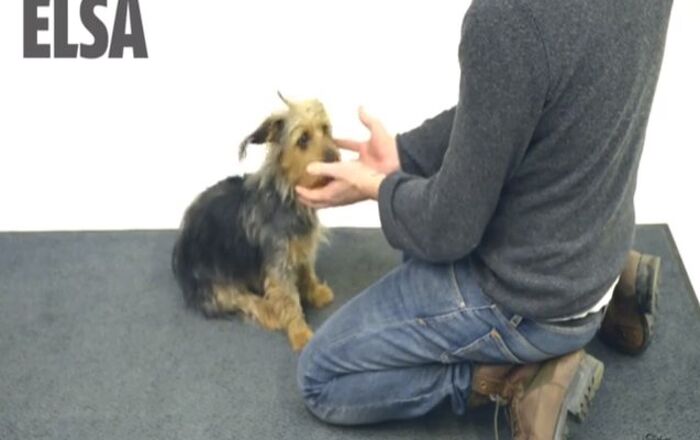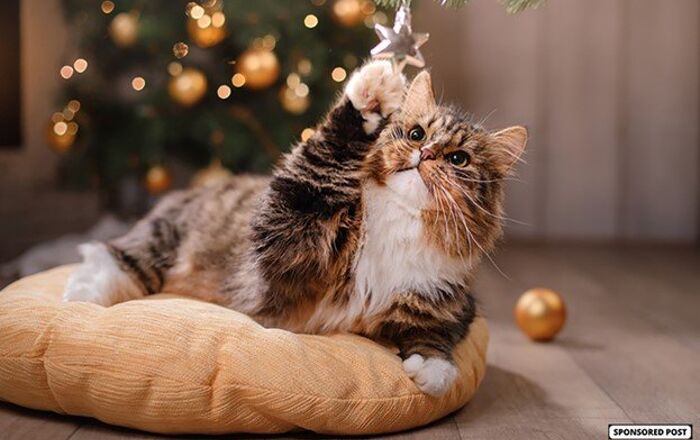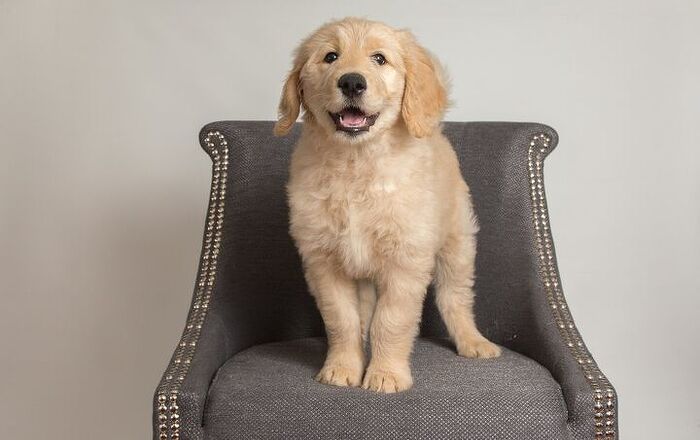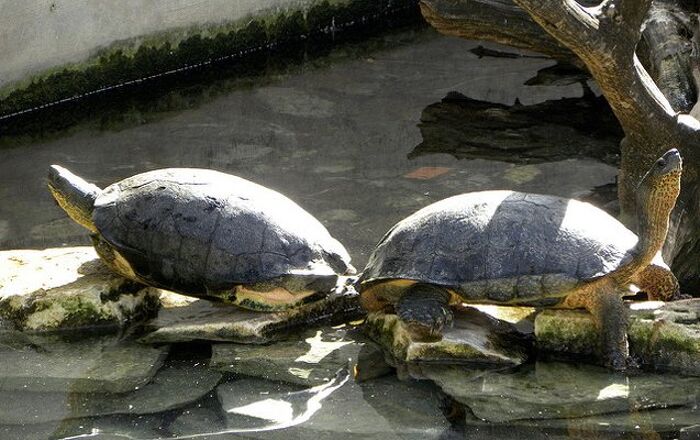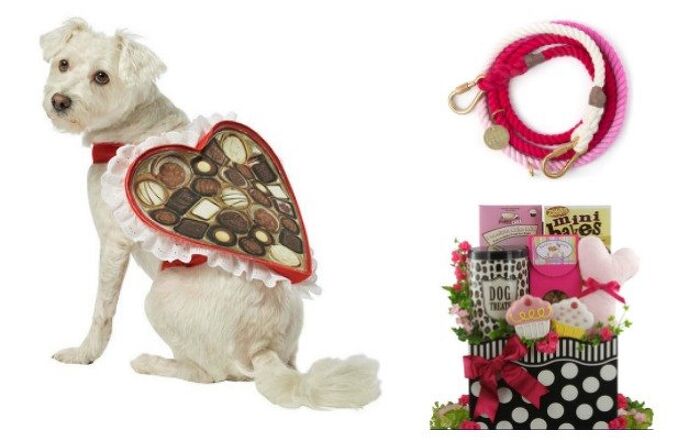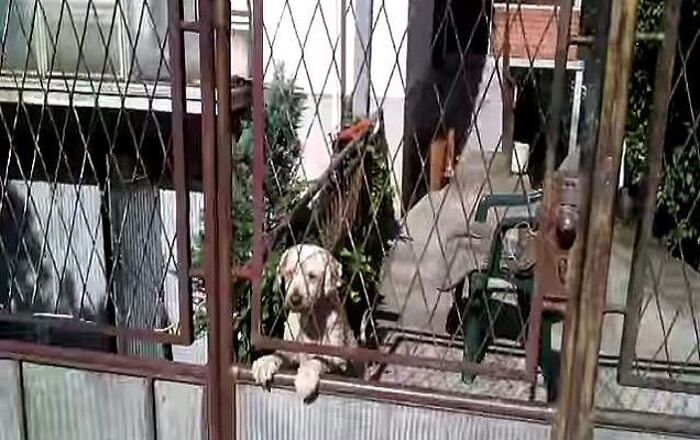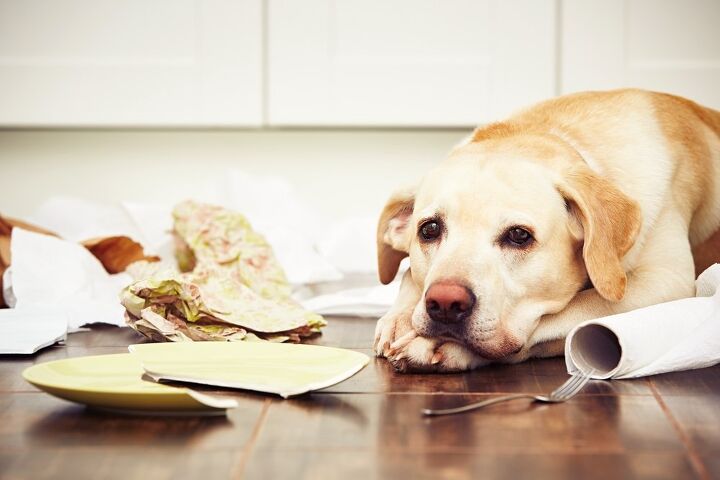
Your home is the most expensive thing you’ll ever buy. Of course you’ve purchased home insurance – but does your policy cover pet damage?
For many homeowners, the worst thing you can possibly imagine is a fire or natural disaster destroying your home. You would lose everything in a single day and, even if your home is insured, you can’t replace your personal items or your memories. Even so, home insurance is your greatest protection against damage, but you should check to see what your policy actually covers.
Many homeowners fail to consider adding covering for pet damage to their plans, or at least checking to see if they have that coverage. You may not think it is necessary until your dog chews a hole in your siding or your cat scratches up your wood floors. Read on to learn more about home insurance coverage for pet damage.
Related:Real Quotes From 7 Trustworthy Pet Insurance Companies
Do Most Insurance Plans Cover Pet Damage?
When you come home to find your furniture torn to shreds or scratches all over your floor, it probably doesn’t take long to figure out that your dog is to blame. You try not to get angry because he’s a dog, but it still hurts to think about the cost of repairs or replacements. Before you open your wallet, however, you should find out if your insurance plan covers pet damage.
Most homeowners insurance plans protect your home and your belongings against damage, but the coverage for pet damage may be limited. Here’s a quick overview of what is likely to be covered:
- Personal Property – This coverage protects your belongings against certain risks, but it doesn’t often cover things like your television, furniture, or other personal property from pet damage.
- Dwelling and Structures – Most homeowners insurance policies exclude coverage for pet damage to structures on your property like fences or your house itself.
- Liability – It is common for plans to offer liability protection in case your pet damages someone else’s property, but the extent of that coverage varies.
Every insurance plan is different, so yours may have more or less coverage. The best thing you can do is review your policy or talk directly with your insurance agent to see what’s covered.
Related:Facts And Myths About Dog Insurance Policies
Tips for Protecting Your Home
Check with your insurance provider first to see if pet damage is covered but keep some key points in mind. Know that insurance carriers often have breed-specific clauses or may require homeowners to sign a waiver for certain breeds like Akitas, Chow Chows, Doberman Pinschers, and Pit Bulls. This typically applies to liability coverage rather then coverage for your own home and property.
No matter what kind of dog you have, you may still want to consider increasing your coverage. Most plans cover part of the liability legal costs up to $100,000 or sometimes as much as $300,000. Any amount over that, however, you will be responsible for paying. If you want to increase your coverage limits, you can add an umbrella policy. You might also be able to find supplemental or specialized insurance for dog owners.
You can’t stop your dog from being a dog or your cat from being a cat, but you can protect your home from the damage they can cause. If you’re not sure whether your policy covers pet damage, contact your insurance agent today to find out.
